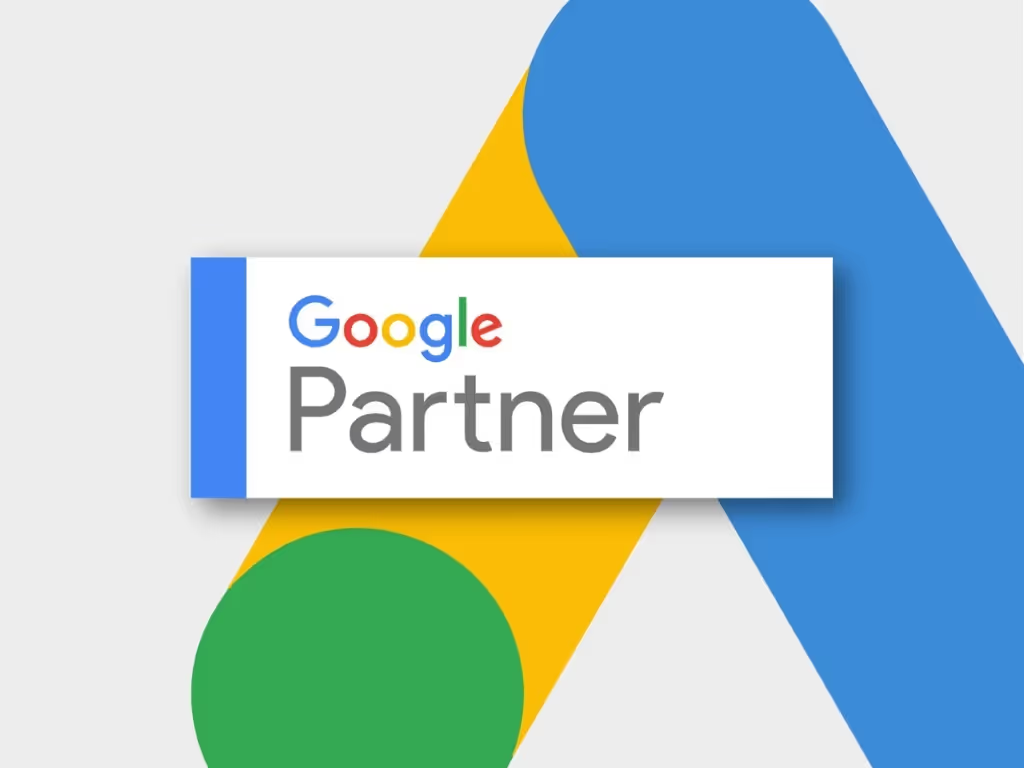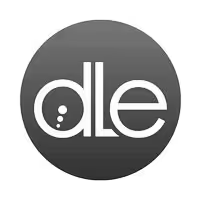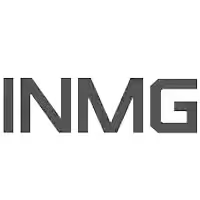Privacy Changes and Their Impact on Apple Ads Campaigns

The digital landscape has undergone significant changes in recent years, particularly concerning privacy regulations. As consumers become more aware of how their data is being used, companies have been forced to adapt their advertising strategies to comply with these new directives. This article explores the various ways in which privacy changes are reshaping Apple ads campaigns, helping marketers understand the implications and strategies necessary to thrive.
Overview of privacy-driven changes
Several privacy initiatives have gained traction, notably Apple’s App Tracking Transparency (ATT) framework introduced with iOS 14.5. This significant shift requires apps to obtain user consent before tracking their data across other applications and websites. As a result, advertisers face hurdles in gathering cross-app data, which is essential for optimizing ad targeting, measuring effectiveness, and analyzing consumer behavior. The implications of this framework extend beyond just individual user consent; they signal a broader cultural shift towards valuing personal privacy and autonomy in the digital landscape, prompting users to become more discerning about their online interactions.

Another pivotal change is the increased adoption of privacy legislation across various jurisdictions, such as the General Data Protection Regulation (GDPR) in Europe and the California Consumer Privacy Act (CCPA) in the United States. These regulations emphasize user consent and transparency, mandating that companies disclose their data collection practices and allow users to opt-out of certain tracking methods. The impact of these laws is profound, as they not only impose hefty fines for non-compliance but also encourage companies to adopt a more ethical approach to data handling, thereby fostering a culture of accountability and respect for user privacy.
Additionally, tech giants like Google are phasing out third-party cookies, which has further compounded the challenge for advertisers. The shift away from cookies means that traditional tactics for audience segmentation and retargeting are becoming less effective, pushing advertisers to rethink their strategies. This transition is prompting a wave of innovation as marketers explore alternative methods for tracking user behavior, such as using machine learning algorithms to predict consumer preferences based on first-party data or exploring server-side tracking solutions that comply with privacy regulations.
How they affect advertising strategies
The introduction of these privacy regulations directly affects advertising strategies on Apple’s platforms, particularly through the limitations imposed by ATT. With a significant number of users opting out of tracking, advertisers now find themselves with a reduced pool of data, making it more challenging to precisely target ads based on user preferences and history. This scarcity of data necessitates a shift in focus towards more holistic marketing strategies that prioritize user experience and engagement over mere data collection.
In light of these privacy-driven changes, marketers must adjust their strategies to leverage first-party data effectively. This approach entails collecting data directly from users through means such as surveys, subscriptions, and loyalty programs. Unlike third-party data, first-party data maintains compliance with privacy regulations and provides a more authentic understanding of the customer base. By fostering a transparent relationship with consumers and incentivizing them to share their information willingly, brands can cultivate a rich repository of insights that inform more personalized marketing efforts.
Furthermore, advertisers are increasingly leaning toward contextual advertising. Instead of relying on behavioral data, contextual advertising focuses on placing ads in specific contexts that align with user interests. This tactic not only adheres to privacy regulations but also ensures that ads are relevant to users based on the content they engage with at that moment. As a result, brands can capture the attention of potential customers in a non-intrusive manner, enhancing the likelihood of engagement while respecting user privacy.
Shifting focus to brand loyalty and customer engagement
With a reduced capacity for targeted advertising, fostering brand loyalty becomes paramount. Advertisers now need to focus on building strong relationships with customers by creating engaging content that resonates with their audience. This can be achieved through storytelling, interactive campaigns, or community-building efforts that align with the brand’s values. By emphasizing authenticity and relatability, brands can create a sense of belonging among consumers, encouraging them to choose their products over competitors in a crowded marketplace.
Moreover, investing in customer engagement strategies, such as personalized email marketing and social media interaction, can keep the audience involved even in light of stringent privacy guidelines. Maintaining a strong brand presence fosters trust, which is crucial, especially when customers are more cautious about sharing their data. Additionally, brands are exploring innovative ways to engage customers through gamification and user-generated content, which not only enhances the customer experience but also encourages organic brand advocacy. By prioritizing engagement and loyalty, companies can build a resilient customer base that thrives even amidst evolving privacy landscapes.
Tips for adapting campaigns to privacy regulations
Adapting to the ever-evolving privacy landscape requires marketers to be proactive and informed. Here, we outline several effective strategies to align advertising campaigns with current privacy regulations while maintaining effectiveness.

1. Embrace first-party data
As mentioned earlier, first-party data is invaluable in this new era of privacy-centric regulations. By prioritizing customer data gathered directly from interactions, companies can ensure compliance while gaining insights into user behavior and preferences. This data can be collected through various channels, such as website interactions, customer surveys, and loyalty programs, allowing brands to build a comprehensive profile of their audience. Furthermore, utilizing this data not only enhances targeting precision but also fosters a deeper connection with customers, as they feel understood and valued by the brand.
2. Optimize for contextual advertising
Transitioning to contextual advertising not only respects user privacy but also allows brands to maintain relevance in a crowded marketplace. Focus on creating ad content that resonates with the context in which it appears, targeting the right audience at the right time without infringing on their privacy. This strategy can be particularly effective in environments where users are actively seeking information or entertainment, such as news articles or video content. By aligning ads with the surrounding content, brands can enhance engagement and improve the likelihood of conversion, all while adhering to privacy standards.
3. Prioritize transparency and trust
Communicating openly with customers about data practices fosters trust. Ensure that your audience understands what data is being collected and how it will be used. Providing clear opt-in and opt-out options can empower users and enhance their experience. Additionally, consider implementing regular updates or newsletters that inform customers about changes to privacy policies or data usage practices. This proactive approach not only builds credibility but also positions your brand as a responsible steward of customer data, which can lead to increased loyalty and long-term relationships.
4. Invest in creative content
In light of privacy concerns impacting traditional advertising methods, creativity can help capture consumer attention. Unique and engaging content can encourage sharing and expand reach organically, reducing reliance on paid advertisements. Brands can explore various formats, such as interactive quizzes, visually stunning infographics, or compelling storytelling through video. By crafting content that resonates emotionally with the audience, companies can create memorable experiences that transcend the need for invasive tracking methods, ultimately driving brand affinity and customer engagement.
5. Monitor performance and adapt
Finally, keep a close eye on campaign metrics to understand what works and what doesn’t in this new landscape. Being ready to pivot and adjust your strategy based on performance data is crucial to maintaining a competitive edge. Utilize advanced analytics tools to track user interactions and engagement levels, allowing for real-time adjustments to campaigns. Additionally, consider conducting A/B testing to experiment with different approaches, ensuring that your marketing efforts are not only compliant but also optimized for maximum impact.
As privacy regulations continue to evolve, marketers must remain agile and committed to adopting new strategies that respect consumer preferences while delivering effective advertising. By leveraging first-party data, adapting to contextual advertising, prioritizing transparency, investing in creativity, and continuously monitoring performance, brands can navigate the complexities of privacy-focused marketing successfully. Moreover, staying informed about emerging trends and regulatory changes will further empower marketers to innovate responsibly, ensuring that their campaigns resonate with audiences in a meaningful way.

As a Google Ads expert, I bring proven expertise in optimizing advertising campaigns to maximize ROI.
I specialize in sharing advanced strategies and targeted tips to refine Google Ads campaign management.
Committed to staying ahead of the latest trends and algorithms, I ensure that my clients receive cutting-edge solutions.
My passion for digital marketing and my ability to interpret data for strategic insights enable me to offer high-level consulting that aims to exceed expectations.
Google Partner Agency
We're a certified Google Partner Agency, which means we don’t guess — we optimize withGoogle’s full toolkit and insider support.
Your campaigns get pro-level execution, backed by real expertise (not theory).

4.9 out of 5 from 670+ reviews on Fiverr.
That’s not luck — that’s performance.
Click-driven mind
with plastic-brick obsession.
We build Google Ads campaigns with the same mindset we use to build tiny brick worlds: strategy, patience, and zero tolerance for wasted pieces.
Data is our blueprint. Growth is the only acceptable outcome.














